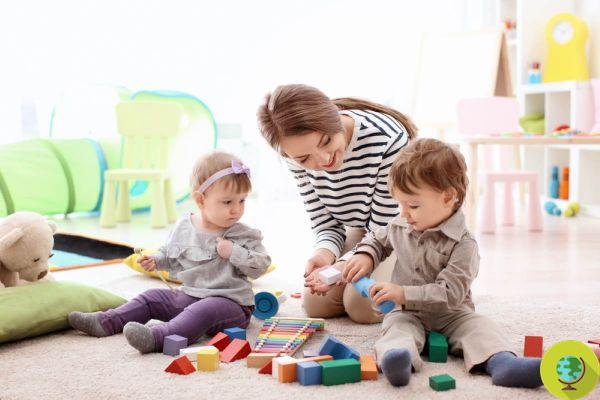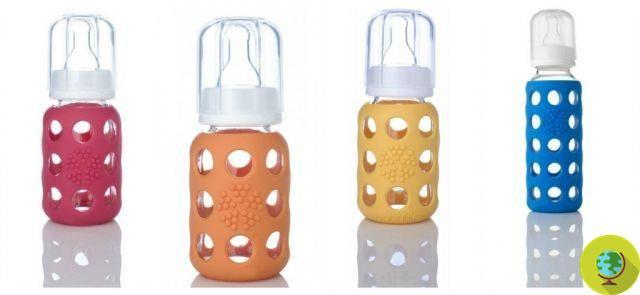
Once again we return to talk about the harmful effects of bisphenol A, a substance considered harmful by many scholars and, fortunately, banned in Europe at least in baby bottles. According to research conducted by the Harvard School of Public Health, fetal exposure to BPA during pregnancy would lead to emotional and behavioral disturbances to the unborn child. Especially if a girl will be born.
Don't store avocado like this: it's dangerous
Once again we return to talk about the harmful effects of bisphenol A, a substance considered harmful by many scholars and, fortunately, banned in Europe at least in baby bottles. According to research conducted by Harvard School of Public Health, exposure of the fetus to BPA during pregnancy would result emotional and behavioral disturbances in the unborn child. Especially if one will be born female.
Commonly present in many plastics and adhesives, bisphenol A has begun to be discussed for some time, so much so that the EU has established a ban on the production of baby bottles with this carcinogenic substance, which - despite studies on the subject - is not always perceived as dangerous.
The scholars who conducted the research - also published in the journal Pediatrics - examined and followed a sample consisting of 244 mothers and eventually concluded that girls prone to anxiety, depression and hyperactivity they were daughters of women who had during pregnancy high levels of bisphenol in the urine. On the other hand, the girls whose mothers had lower levels were calmer.
The peculiarity of this substance is that in reality it is not the baby who comes into direct contact with BPA, but the mother during gestation and the effects triggered by bisphenol differ profoundly according to the sex of the unborn child.
"During gestation, and not in infancy, theExposure to BPA can negatively impact neurobehavioral functions, - said the scholars who conducted the research - and girls appear to be more sensitive to BPA than boys. Our exposure to BPA is omnipresent due to the many products in common use - the scientists continued - but if there really are links between exposure in utero and subsequent health problems we must take effective measures to reduce exposure to this substance. . The EU, therefore, must act now to protect future generations from health risks. Pregnant women and people of reproductive age must be the top priority ”.
In reality, in order to have more details and certainties, the researchers will carry out a series of further analyzes; it is certain that the bisphenol A is confirmed as a harmful substance.
A possible effect, however, also concerns the difficulty in controlling one's emotions, as well as the lack of inhibitory brakes. These are manifestations that in any case can make both childhood and early adolescence difficult and uneventful. According to Elisabeth Salter Green, head of the CHEM Trust, a charity that aims to protect the results of this research from harmful chemicals represent a further point against bisphenol which should be banned from all products that come into contact with mothers and children.
Verdiana Amorosi
Read also How to recognize plastics that should never be used with food
Read all our articles on Bisphenol A


























